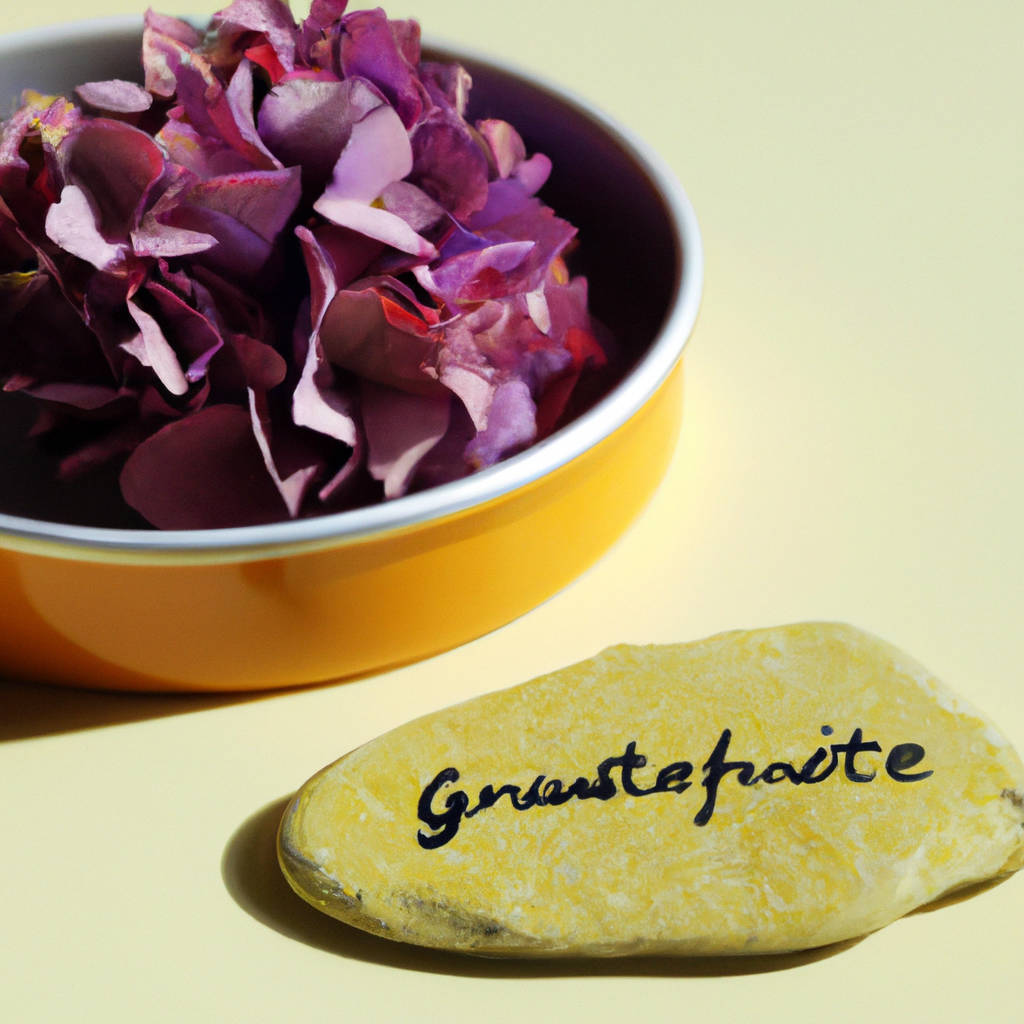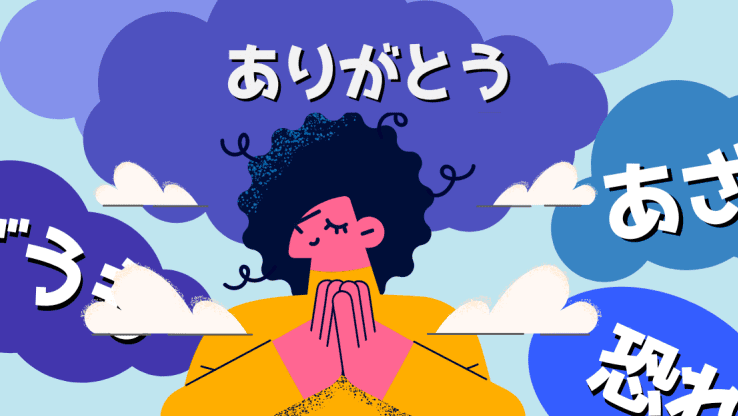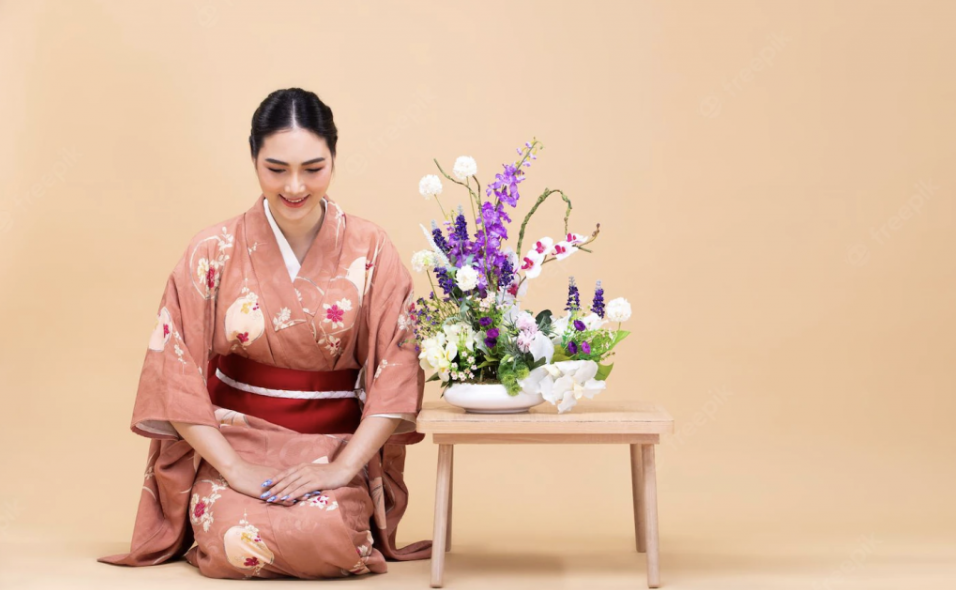Expressing Gratitude in Japanese
In Japanese culture, expressing gratitude is an important aspect of social interaction. It is seen as a way to show appreciation and respect towards others. One common way to express gratitude in Japanese is by using the phrase “arigatou gozaimasu,” which translates to “thank you very much.”
This phrase is often used in everyday interactions, such as when receiving a gift or a kind gesture. Additionally, Japanese people may also show gratitude through bowing, a traditional gesture of respect. Bowing can vary in depth and length depending on the level of thankfulness being expressed. Another way to show gratitude in Japanese culture is by giving small gifts or tokens of appreciation. This gesture is known as “omiyage” and is often given to show gratitude for hospitality or kindness received.
Overall, expressing gratitude in Japanese is a fundamental part of communication and relationships, reflecting the importance of showing appreciation and respect towards others in Japanese society.

Polite Thank You: “Arigatou gozaimasu”
In Japanese culture, expressing gratitude is an essential aspect of social interactions. One common way to say thank you in a polite manner is by using the phrase “Arigatou gozaimasu”. This expression goes beyond a simple “thank you” and conveys a sense of respect and appreciation towards the person who has done something for you.
By using this phrase, individuals show that they value the kindness or help they have received and acknowledge the effort that was put into it. It is not just a formality, but a genuine expression of gratitude that fosters positive relationships and goodwill between people. Saying “Arigatou gozaimasu” is a way to show humility and politeness, and it reflects the importance of maintaining harmonious interactions in Japanese society.
Whether it is a small favor or a significant gesture, using this phrase demonstrates an understanding of the importance of acknowledging the actions of others and the impact they have on our lives. In a world where gratitude is sometimes overlooked, the practice of saying “Arigatou gozaimasu” serves as a reminder of the power of expressing appreciation and the positive effect it can have on both the giver and the receiver. So next time someone does something kind for you, remember to say “Arigatou gozaimasu” and let them know how much their actions mean to you.
Very Much Appreciated: “Domo arigato gozaimasu”
“Domo arigato gozaimasu” is a phrase commonly used in Japanese culture to express gratitude and appreciation. The literal translation of this phrase is “thank you very much” in English. It is a polite and respectful way to show appreciation towards someone for their actions or words. In Japanese society, expressing gratitude is highly valued and considered an important aspect of interpersonal relationships.
By saying “domo arigato gozaimasu,” individuals demonstrate their respect and acknowledgment of the kindness or help they have received. This phrase is often used in various situations, such as receiving a gift, a favor, or assistance from someone. It is a simple yet powerful way to show gratitude and strengthen connections with others.
In Japanese culture, showing appreciation is not only a social etiquette but also a way to express humility and humility towards others. Therefore, saying “domo arigato gozaimasu” is not only a form of politeness but also a way to acknowledge the kindness and generosity of others. It is a small gesture that can have a big impact on relationships and create a sense of mutual respect and understanding. So next time someone does something kind for you, don’t forget to say “domo arigato gozaimasu” to show your appreciation and gratitude.

Thanked in the Past: “Arigatou gozaimashita”
In Japan, expressing gratitude is an important aspect of their culture. One common way to say “thank you” in the past is by saying “Arigatou gozaimashita”. This phrase is a formal way of showing appreciation and respect to someone who has done something kind or helpful. It is often used in formal situations, such as when receiving a gift or a favor.
Saying “Arigatou gozaimashita” acknowledges the effort and thoughtfulness of the other person, and conveys a sense of gratitude that goes beyond just a simple “thank you”. In Japanese society, showing gratitude is seen as a sign of good manners and respect for others. By using this phrase, people are able to strengthen their relationships with others and create a positive atmosphere of mutual appreciation.
Overall, saying “Arigatou gozaimashita” in the past is a way to show appreciation for the kindness and generosity of others, and is a key element of Japanese etiquette and social norms.
Utmost Formality: “Hontoni arigatou gozaimasu”
In Japanese culture, the concept of utmost formality is deeply ingrained in everyday interactions. One common phrase that exemplifies this level of formality is “Hontoni arigatou gozaimasu,” which translates to “Thank you very much” in English. This phrase is not simply a casual expression of gratitude, but rather a respectful and polite way to show appreciation.
By using the formal language and honorifics in this phrase, individuals demonstrate their respect for the recipient and acknowledge their own position in the social hierarchy. In Japanese society, maintaining proper etiquette and observing formalities is highly valued, as it reflects one’s respect for tradition and social norms. By using phrases like “Hontoni arigatou gozaimasu,” individuals uphold the importance of showing gratitude in a respectful and dignified manner.
This emphasis on formality in language and behavior helps to maintain harmony and mutual respect in social interactions, as each individual acknowledges and honors the roles and relationships within the community. In essence, the phrase “Hontoni arigatou gozaimasu” serves as a reminder of the importance of upholding traditional values and respecting others in Japanese society.

Humble Appreciation: “Haisha moushiagemasu”
In Japanese culture, the concept of “haisha moushiagemasu” embodies the idea of humble appreciation. It is about expressing gratitude and thanks in a respectful and modest manner. This concept is deeply rooted in the values of humility and respect for others. When someone shows kindness or generosity towards us, it is important to acknowledge their actions with a sense of humility and gratitude.
By saying “haisha moushiagemasu”, we are showing our appreciation for the kindness and generosity that has been extended to us. This phrase not only expresses gratitude, but also conveys a sense of respect and humility towards the person who has helped us. In a society that values modesty and humility, expressing appreciation in this way is seen as a sign of good manners and respect for others.
It is a way of acknowledging the kindness and generosity that has been shown to us without drawing attention to ourselves. By embracing the concept of “haisha moushiagemasu”, we are not only showing gratitude, but also demonstrating our respect for others and their contributions to our lives.
Apology or Excuse: “Suminasen”
“Sumimasen” is a common phrase used in Japanese culture to express regret or apologize for a mistake or inconvenience caused to others. It is a versatile word that can be used in a variety of situations, from accidentally bumping into someone on the street to forgetting to respond to a message in a timely manner.
In Japanese society, expressing remorse and taking responsibility for one’s actions is highly valued, and “sumimasen” is a way to show humility and respect towards others. While some may view it as a simple excuse for making a mistake, others see it as a sincere apology and a way to make amends for any harm caused.
In a culture that values harmony and social cohesion, saying “sumimasen” is a way to acknowledge one’s own shortcomings and strive for better relationships with others. Overall, “sumimasen” serves as a powerful tool for fostering understanding and empathy in Japanese society, and can help to mend misunderstandings and conflicts that may arise in everyday interactions.
